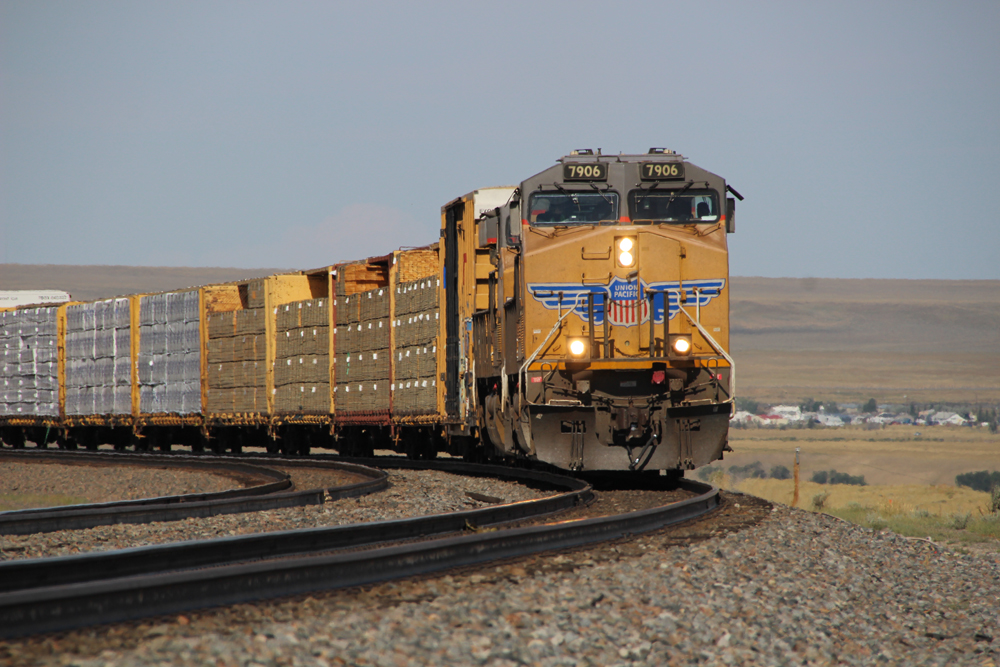
WASHINGTON — The Association of American Railroads on Tuesday issued a report calling for government policies it says can address climate change through “economically grounded solutions” as a partnership with the rail industry.
The nine-page white paper report, “Freight Railroads & Climate Change: Reducing Emissions, Enhancing Resiliency,” says policies “must leverage market-based competition, be grounded in data, and be established through a cooperative approach involving stakeholders.” It emphasizes the industry’s existing environmental advantages, citing a U.S. Environmental Protection Agency report that says freight rail accounts for 1.7% of greenhouse gas emissions from transportation while making up approximately 28% of U.S. freight movement by ton-miles.
“The need to reduce emissions is not only an environmental issue; it’s an economic issue,” AAR CEO Ian Jefferies said in a statement accompanying release of the report. “This has never been more clear. Policymakers must engage in partnership with the private sector to advance pragmatic, solutions-oriented policies that support immediate emissions reductions and encourage longer-term, sustainable solutions. As the most efficient way to move freight over land, rail is a critical partner in driving further gains.”
Specifically, the report calls for policies it says will aid railroads in addressing climate issues in eight ways:
— Support low- and zero-emissions locomotive research.
— Help railroad partners decarbonize.
— Allow railroads to transition their locomotive fleets when zero-emission technologies are commercially viable as well as operationally safe and reliable.
— Pursue policies that recognize the value of rail as a low-carbon transportation solution.
— Empower railroads to make operational decisions to maximize fuel usage and meet growing freight demand.
— Further promote a broad-based, economy-wide transition to net-zero emissions.
— Encourage testing of new safety technologies.
— Embrace permitting reform.






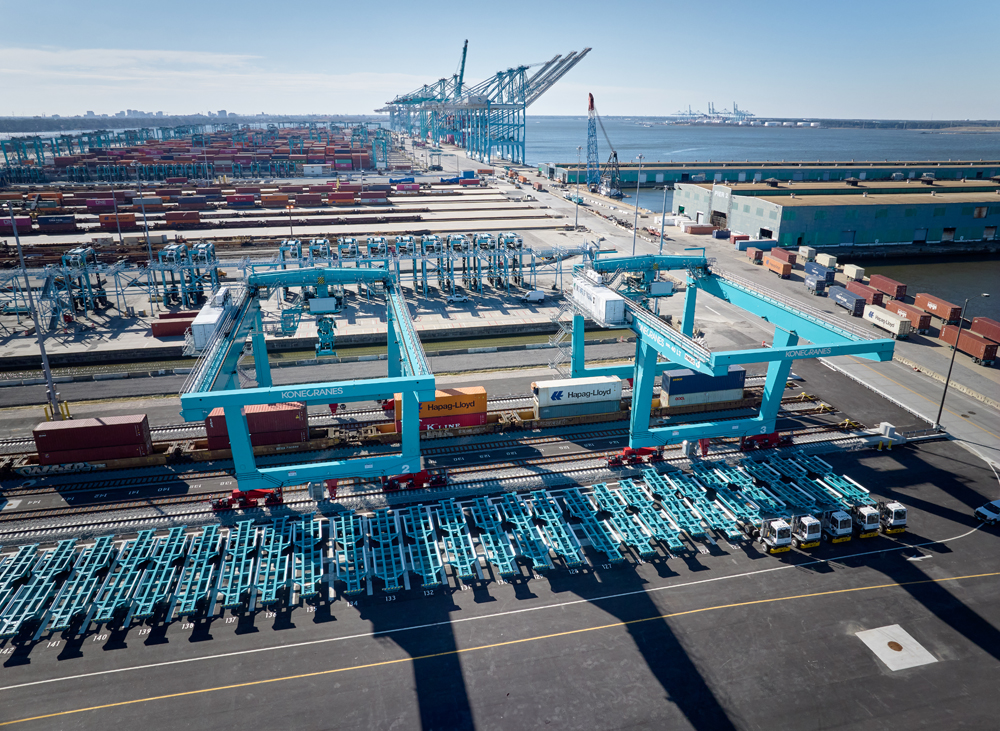
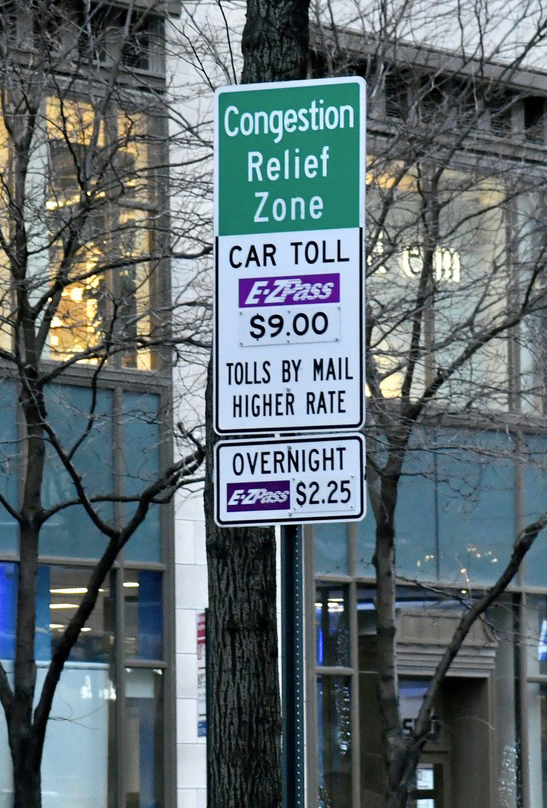
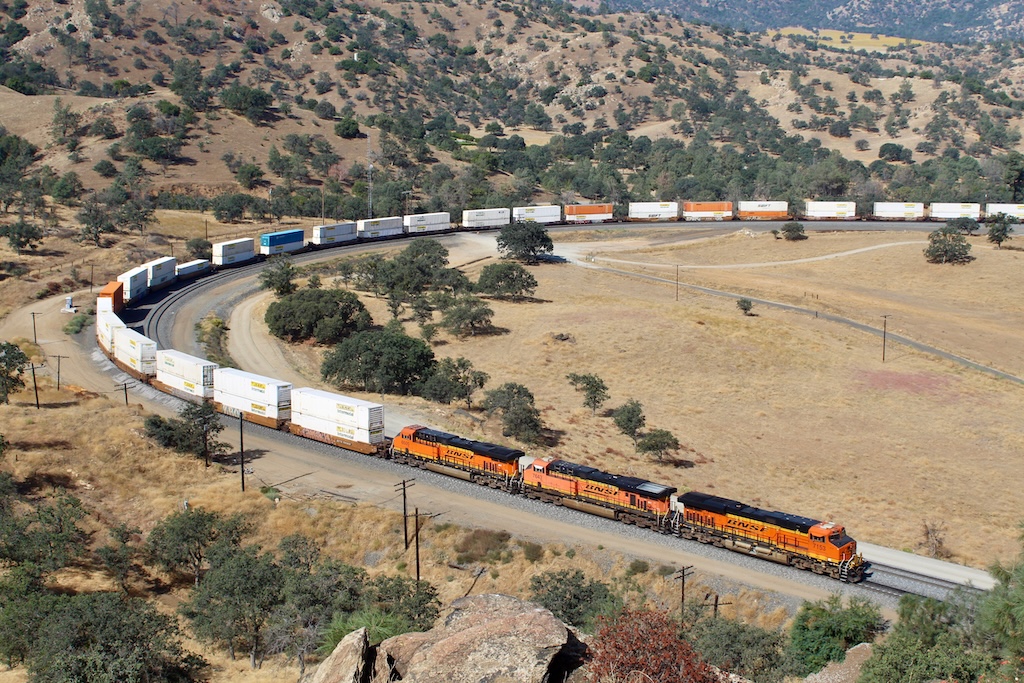
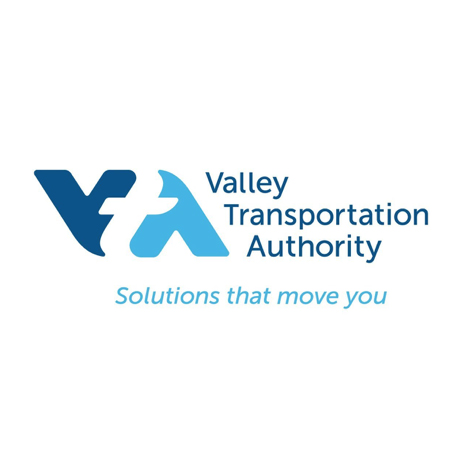




Everybody is missing the point of the article. AAR is saying that railroads are part of the solution for addressing climate change and with help they can lower their carbon emissions.
I don’t believe electric cars help the climate. I don’t believe electric home appliances (heating, stoves) help the climate.
As for electric trains we eachl can cite the advantages on high density or passenger-heavy lines. But I have no reason to believe in any positive impact on the climate.
Given recent policy (and political) developments at the national level, I’m not optimistic that we will see ‘pragmatic’ policies to address “Climate Change”
Looking through this white paper real fast, I don’t even see a mention of “electrification” like the last one, where they strongly decried it as utterly impractical. They still warn about regulation forcing the freight railroads from adopting zero-emission too fast before its ready or commercially viable, but the only specific reference to zero-emission is in batteries and new fuels, like hydrogen or biofuels.
Just remember, stringing catenary goes from impractical to entirely welcomed if it’s just across a little more than half the system and only to re-charge locomotive batteries on the fly.
The AAR, still acting as a megaphone for the Class 1’s, will have a rude awakening when the technology they think mitigates profit loss enough to be worthwhile doesn’t develop fast enough. This is not a time for band-aids.